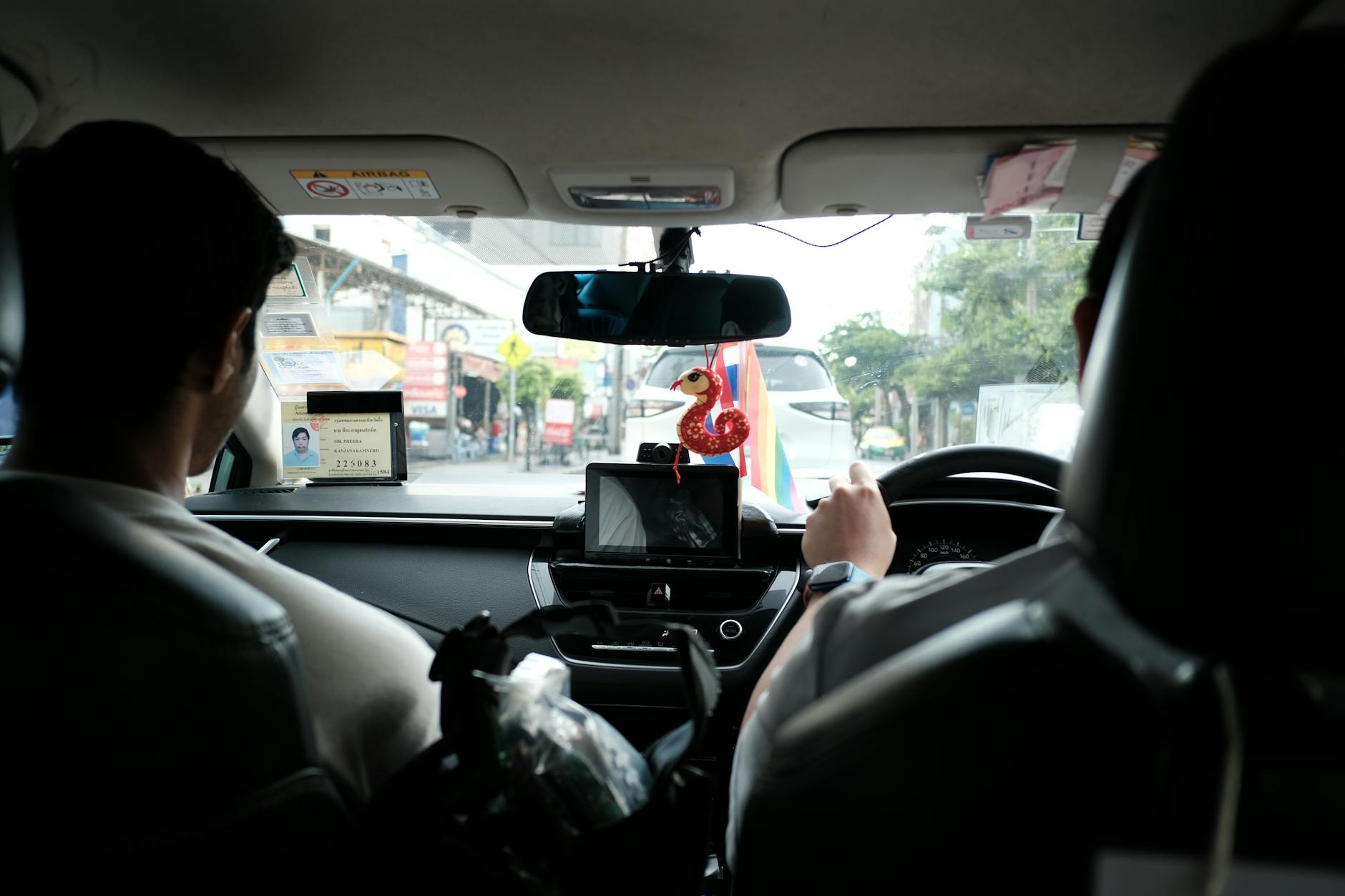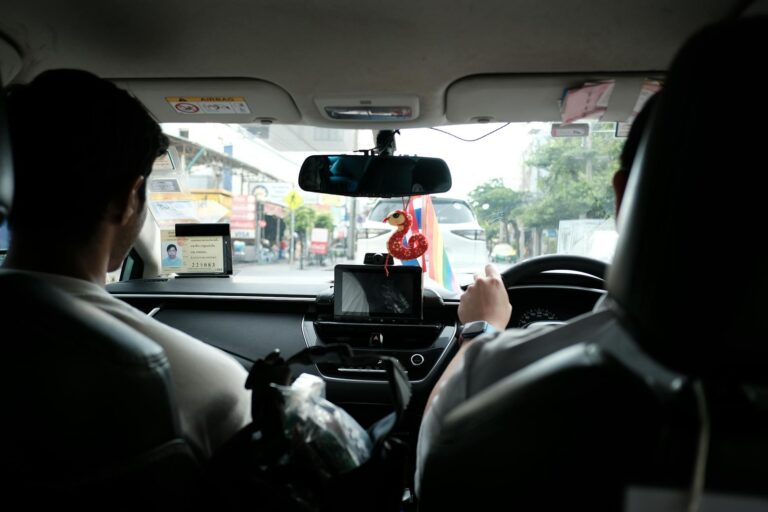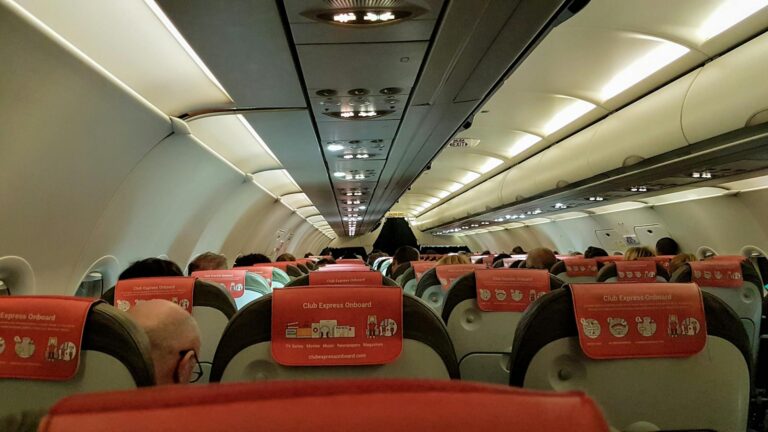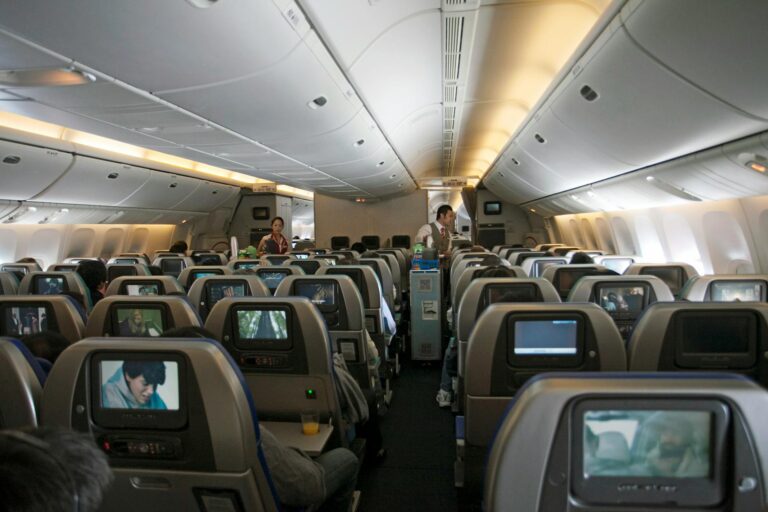Miles & More Mileage Bargains Overhaul: What Frequent Flyers Need to Know
TL;DR
- Miles & More shifted from fixed award charts to dynamic pricing tied to cash fares on June 3, 2025.
- New fare families now govern awards on core Lufthansa Group carriers; Light-tier awards strip out bags, seat selection, and refunds, even for elites (see program brief).
- A recent buy‑miles promo offered a 60% bonus, shifting buy‑versus‑burn break‑evens under the new logic.
Net effect: awards on Lufthansa Group metal now behave like fares, benefits depend on the fare family, and the best value shows up when you time bookings and compare against cash.
Scanline Verdict
Dynamic pricing favors flexibility and revenue; protecting value now means real‑time price checks and sharp timing.
The Why: What Changed and Who’s Affected
Miles & More has flipped its award engine on selected Lufthansa Group airlines, replacing a fixed chart with mileage amounts that flex with ticket prices and fare buckets. The change is live for Austrian Airlines, Lufthansa, Lufthansa City, and SWISS, with details and booking behavior documented on the program’s announcement and reflected on the booking platform.
“Mileage Bargains” are being folded into the new offer, per the official line, though some observers suggest the concept could effectively vanish in practice under dynamic rules (contrary view). Historically, the deals were a predictable valve for value, often highlighted by mileage blogs (context). Meanwhile, awards on other partner airlines remain charted at a Standard level for now, according to the program’s live policy page.
Availability remains gated. Unlike rivals that promise redemptions on every seat, Lufthansa will continue to restrict award space, as coverage notes. Translation: a high cash fare doesn’t automatically unlock an award, so flexibility still wins.
The Math: How Pricing Now Maps To Cash Fares

Photo by Jakub Zerdzicki on Pexels
The program confirms that award mileage is now calculated per flight and informed by prices in the lower booking classes (policy details). It also says the mileage for a specific fare on a specific date generally stays put once loaded. In practice, that means award costs behave like fares—spiky when demand is hot, calmer when a fare is cached.
On the acquisition side, a recent buy‑miles promotion offered a 60% bonus, bringing the purchase price to 1.31 cents per mile. So what: that’s a defensible floor value for your miles. If your calculated redemption value after taxes, fees, and carrier surcharges—paid in cash per program reminders—doesn’t clear that threshold, buy the ticket instead.
I model break‑evens like this: compare cash fare to the miles asked, subtract the cash you’ll still owe, and compute the cents‑per‑mile. If the result beats your acquisition cost and the itinerary’s mileage looks stable, book. If not, pass and preserve optionality for a better cabin or date.
Vanessa Bloome’s Take
I treat dynamic programs like adaptive algorithms: they compress obvious sweet spots and reward pattern‑breaking. Expect fewer slam‑dunk front‑cabin redemptions on peak routes, but more “good enough” wins on shoulder dates, secondary gateways, and premium economy where the comfort gain per mile (seat and service) is often healthier. Topping up only makes sense when the buy cost sets a floor you can reliably beat the same day. Otherwise, idle miles inflate away, and the engine can rerender pricing before you press “issue.”
The Inventory: New Award Types and What They Really Give You

Photo by Andrei Serikov on Pexels
Patch notes, summarized: intra‑Europe awards come in three fare families—Light, Classic, Flex—while intercontinental adds a fourth tier—Light, Basic, Basic Plus, Flex (rollout explainer). These mirror cash fare bundles and gate key inclusions accordingly.
Light is intentionally austere. Per the documented rules, Light awards exclude checked baggage, advance seat reservations, and refunds—even for elites. Classic/Basic tiers usually restore some essentials, while Basic Plus and Flex dial up change/refund options and protections. Status perks now depend on the fare you choose, not just your card color (program mailer). The move is logical, if unsentimental: align benefits with what you “paid” in miles.
Upgrade behavior and rebooking should track this hierarchy. The more flexible the family, the smoother your options when schedules shift. Bottom line: match fare family to trip risk. Firm plans can live with stricter terms; volatile travel should bias Flex.
The Move: Practical Plays for Earners and Bursters

Photo by Sean P. Twomey on Pexels
On Lufthansa Group metal, always price‑check awards against cash before you burn. If your valuation clears your acquisition floor and the mileage looks stable, go. If not, pay cash and hold miles for a cleaner comfort delta later.
Don’t forget the charted lane: for other airline partners, the Standard award chart remains in effect for now, per the program’s current guidance. If you’re date‑flexible, that’s where predictability still lives.
Routing instincts: prioritize nonstop to kill latency unless a connection unlocks a materially better cabin or value. For premium cabins, widen your search to shoulder days and alternate gateways—dynamic engines like off‑peak behavior.
Tooling matters. Set alerts to ping you when saver space or mileage asks dip; AwardFares is a solid monitor. I also re‑price after booking—if the mileage for my fare/date hasn’t moved, I avoid whiplash; if it drops and rules allow, I rebook within the family.
Buying miles is a just‑in‑time tactic. Only top up when an actual seat is in cart and your math clears the floor after fees. Otherwise, let cash fares carry the day.
Watchlist & Risks: Inventory Gating, Promo Windows and System Glitches
Rollout turbulence was planned: the program scheduled a system interruption around June 2–3, 2025. Early days can mean caching quirks or mismatched inclusions—screenshot pricing and benefits at checkout so you can enforce what rendered.
Inventory gating continues, as analysts note. The wall between you and last‑seat access remains. Also flagged in program comms: the “Flex Plus” option to pay surcharges with miles is temporarily discontinued (mailer). Net effect: cash still rides shotgun on awards, so bake it into your break‑even.
Key Takeaways
The new engine prizes timing and trip‑fit over static charts. To keep your value signal strong, think like a revenue manager with a heart: calibrate flexibility, cabin goals, and cash reality.
- Value now lives in timing. Hunt shoulder dates and alternate gateways; dynamic systems reward off‑peak behavior.
- Light awards are extremely restrictive. If you need bags, seats, or refunds, step up to Classic/Basic or Flex.
- Partner flights outside the dynamic core still run on a chart—good for predictable burns when your dates are loose.
- Set alerts, screenshot rules, and re‑price. Your best defense is visibility and proof of what you booked.
FAQ
Q: Will my existing award bookings change under the new system?
A: Existing tickets should retain the rules you agreed to at purchase. The program says mileage amounts for a particular fare on a specific date generally remain unchanged once loaded (policy language). If you modify dates or fare families, you re‑enter the dynamic engine. Always check the live mileage and inclusions before confirming any change.
Q: Is buying miles during recent bonuses a smart move with dynamic pricing?
A: Only if you have a near‑term award in cart that clearly beats your acquisition cost after taxes, fees, and carrier surcharges. The promo mechanics are outlined here (offer details). My rule: treat the purchase price as a floor; if your redemption can’t clear it, pay cash and keep your miles mobile.
Q: How do Light award fares affect elite benefits like baggage or seat selection?
A: Light awards exclude checked bags, advance seat reservations, and refunds—even for elites—per published rules. If you need flexibility or comfort protections, book a richer family such as Classic/Basic or Flex. Status still helps overall, but under the new model, benefits depend on the fare you choose (mailer).
Final Thoughts
This overhaul trades static charts for a live link to cash fares. That means your value is now a moving target—one you can still hit with flexible dates, nonstop bias, and just‑in‑time top‑ups when the math clears your floor. Keep screenshots, keep alerts, and keep comparing to cash.
Closing Directive: Do / Delay / Ignore
Short course to keep your comfort and value in sync with the new engine:
- Do: Benchmark every award against cash, anchored to your acquisition floor. Book non‑Light families when plans are soft; lock value when a fare/date looks stable.
- Delay: If you’re speculative, sit tight for partner‑chart options or a targeted promo. Keep alerts live and pounce when routing or timing improves.
- Ignore: Ultra‑bare Light awards if you need bags, seats, or refunds; buying miles without an immediate, high‑value use case.
For ongoing, traveler‑first loyalty coverage, visit and subscribe at milesBUZZ.






